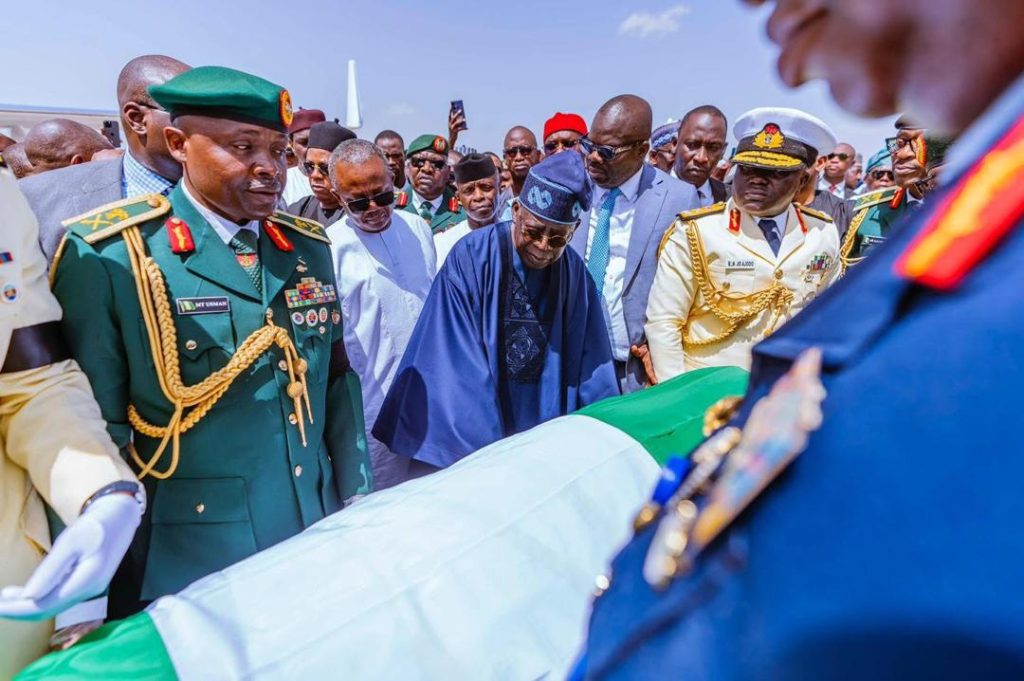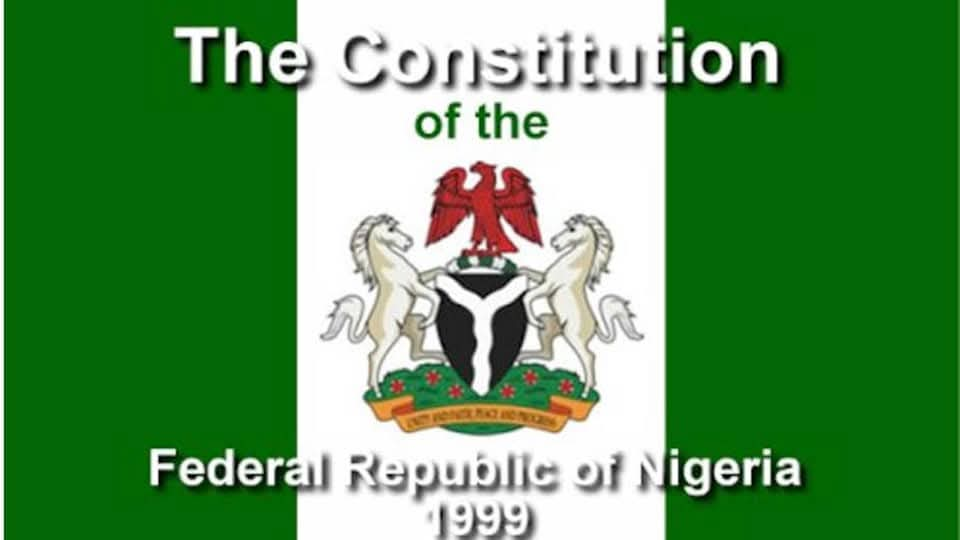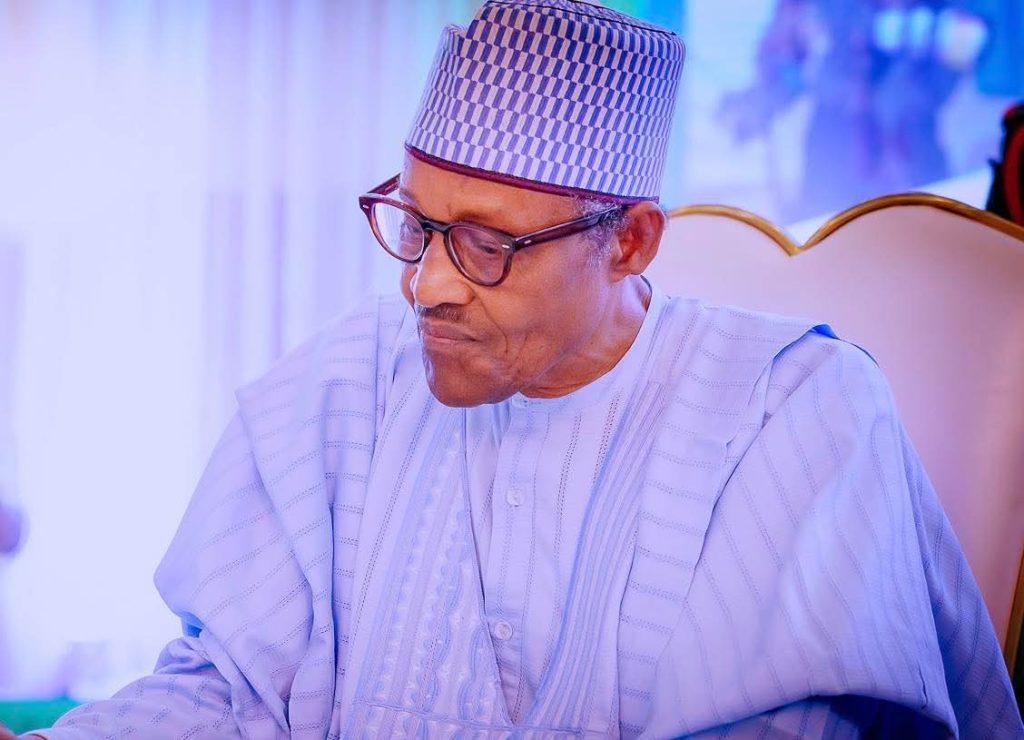News
26 killed in India strikes on Pakistan: PM authorizes retaliation
Pakistan decries ‘act of war’

At least 26 people, including several children, were killed and 46 others injured after India launched airstrikes on Pakistan.
The attack has been described by the Pakistani army as precision strikes on nine alleged terrorist infrastructure sites within Pakistan.
In the last twenty-four hours, tensions between India and Pakistan have sharply escalated.
This follows a series of deadly cross-border strikes and growing international concern.
The Indian government claimed the operation was a legitimate act of self-defense following the deaths of civilians on Indian soil.
Operation Sindoor was the namegiven to the operation, in reference to the widows of victims from a recent militant attack in Pahalgam’s Baisaran Valley.
Indian Defense Minister Rajnath Singh stated on Wednesday that India had exercised its “right to respond”.
He also asserted that they killed only those who killed their innocents.
The operation has ignited outrage in Pakistan, where the government condemned the strikes as an “act of war.”
Pakistan’s National Security Committee, chaired by Prime Minister Shehbaz Sharif, accused India of using a false pretext involving imaginary terrorist camps.
He said the attacks deliberately targeted civilian infrastructure, including mosques.
The committee claimed the bombings “martyred innocent men, women and children.”
Further violence was reported along the Line of Control, the contested de facto border in Kashmir.
Pakistan said five civilians were killed in artillery fire, while Indian authorities reported seven civilians dead and 30 injured in retaliatory Pakistani shelling.
The Islamist militant group Jaish-e-Mohammed confirmed that ten relatives and four associates of its leader Masood Azhar died in the Indian attacks.
The fallout has prompted a wave of diplomatic activity.
Indian Prime Minister Narendra Modi canceled a scheduled trip to Europe.
His foreign minister, Subrahmanyam Jaishankar, on his part, held urgent conversations with his counterparts in Japan and Spain.
He also participated in a joint teleconference with the foreign ministers of Germany and France.
Meanwhile, Pakistan’s foreign minister Mohammad Ishaq Dar also spoke with Spain’s foreign minister, José Manuel Albares, to voice Islamabad’s concerns.
A statement from Pakistan’s foreign ministry said Dar had condemned India’s “unprovoked and unlawful act of aggression.”
It called the action a “flagrant violation of Pakistan’s sovereignty” and a “clear breach of international law.”
Dar emphasized the “tragic loss of innocent civilian lives” and warned of the serious consequences for regional peace and stability.
The European Union’s chief diplomat, Kaja Kallas, described the situation as “very concerning.”
He told reporters that the EU is actively working to mediate and de-escalate the crisis.
Germany, France, and Spain have all engaged in diplomatic talks with Indian officials to seek a peaceful resolution.
The UK has also stepped forward, offering to help de-escalate tensions.
Foreign Secretary David Lammy said Britain maintains “close and unique relationships with both countries.”
Lammy also stressed that “if this escalates further, nobody wins.”
China and Russia, both of which have strategic ties with India and Pakistan, called for restraint.
Beijing urged both sides “to prioritize peace and stability, remain calm and exercise restraint,” while Moscow expressed concern over the developments.
Turkey issued a statement calling for “common sense” to prevail.
Amid the diplomatic scramble, tensions have also spilled into public demonstrations.
In Hyderabad, Pakistan, members of the Islamic Sunni Tehreek movement staged a fiery anti-India protest, burning an effigy of Indian Prime Minister Narendra Modi.
The protest reflects the broader public anger and nationalist sentiment inflamed by the latest round of violence.
The situation has also disrupted civilian air traffic across the region.
Commercial airlines have begun rerouting or canceling flights to avoid Pakistan’s airspace due to the risk of military engagement, creating widespread travel disruptions.
While the current escalation may seem sudden, historians and analysts note that the roots of this conflict stretch back decades.
The region of Kashmir has been contested since the British partitioned India in 1947.
A report from The Guardian archives traces the beginning of the Kashmir uprising against Indian rule to October 1947, just weeks after partition.
This is a supposed reminder that the violence today is part of a long, bitter legacy.
As world leaders call for calm, the fragile peace between two nuclear-armed nations once again hangs in the balance.
The international community is watching closely for the next move.
For Diaspora Digital Media Updates click on Whatsapp, or Telegram. For eyewitness accounts/ reports/ articles, write to: citizenreports@diasporadigitalmedia.com. Follow us on X (Fomerly Twitter) or Facebook











